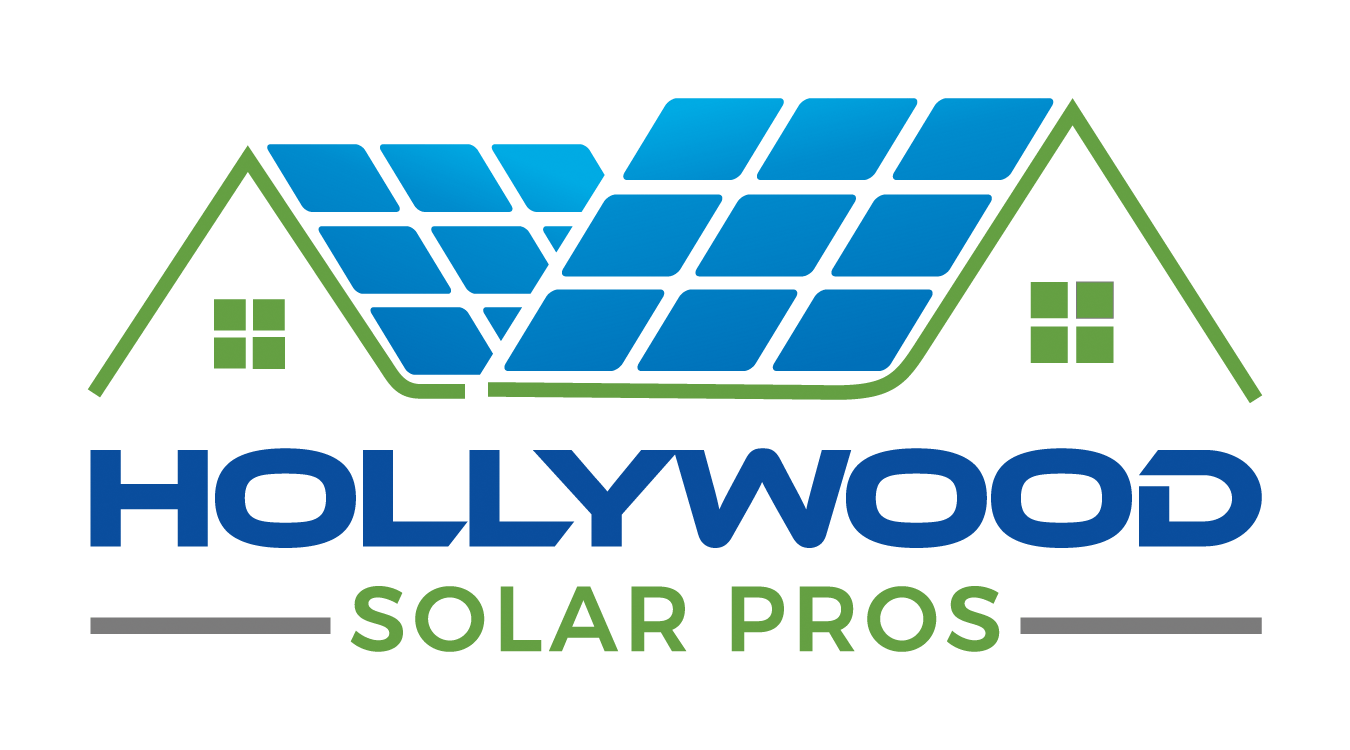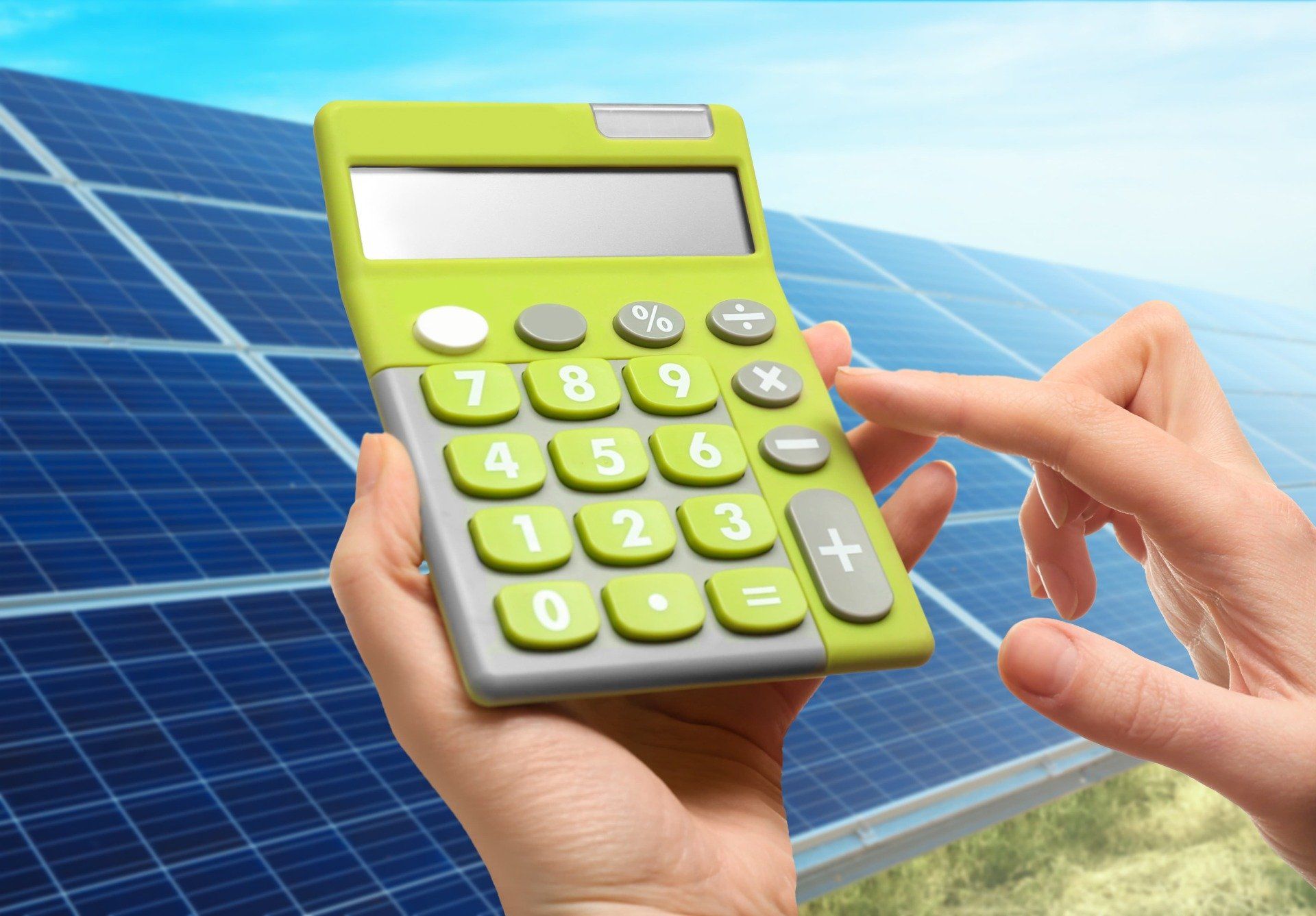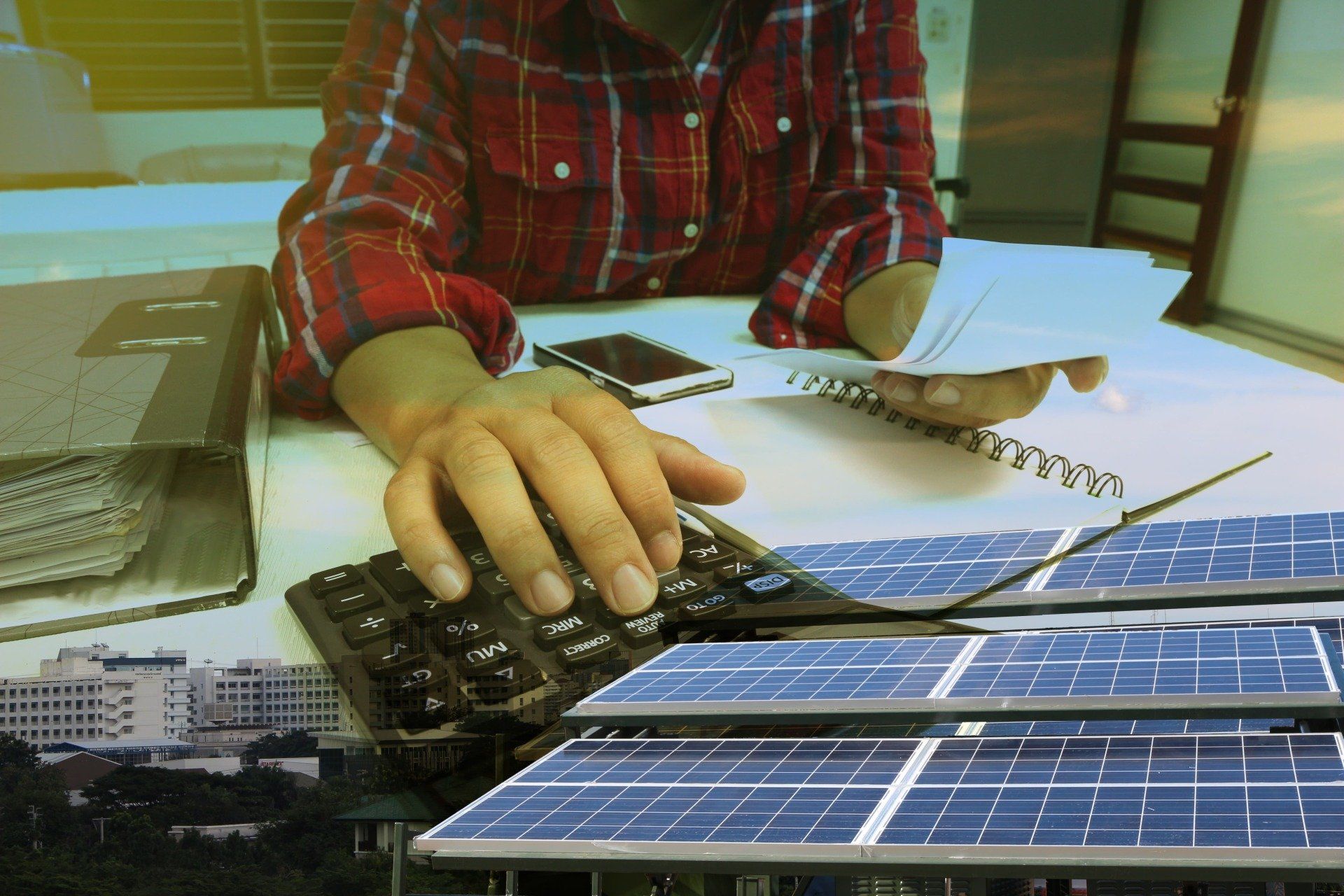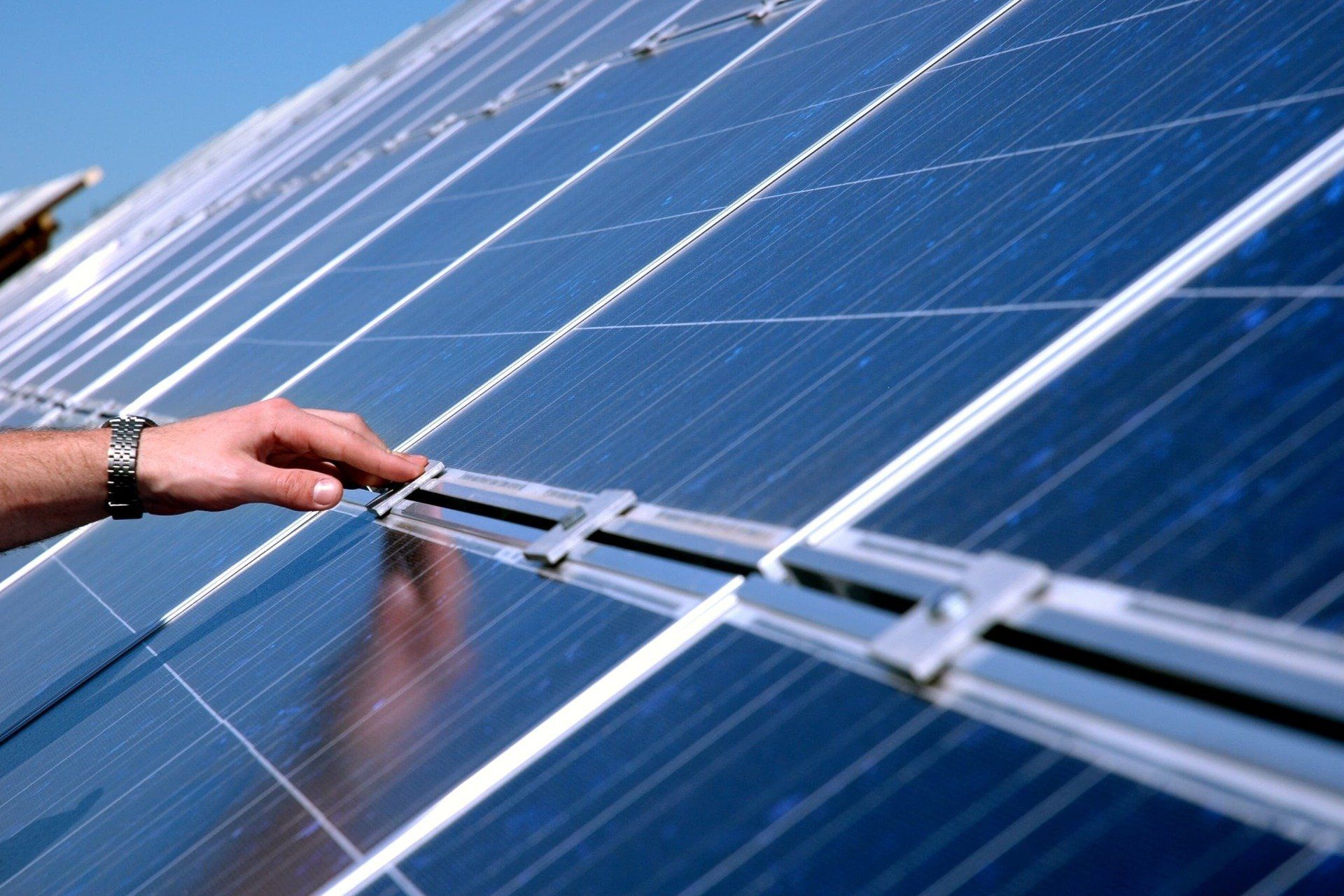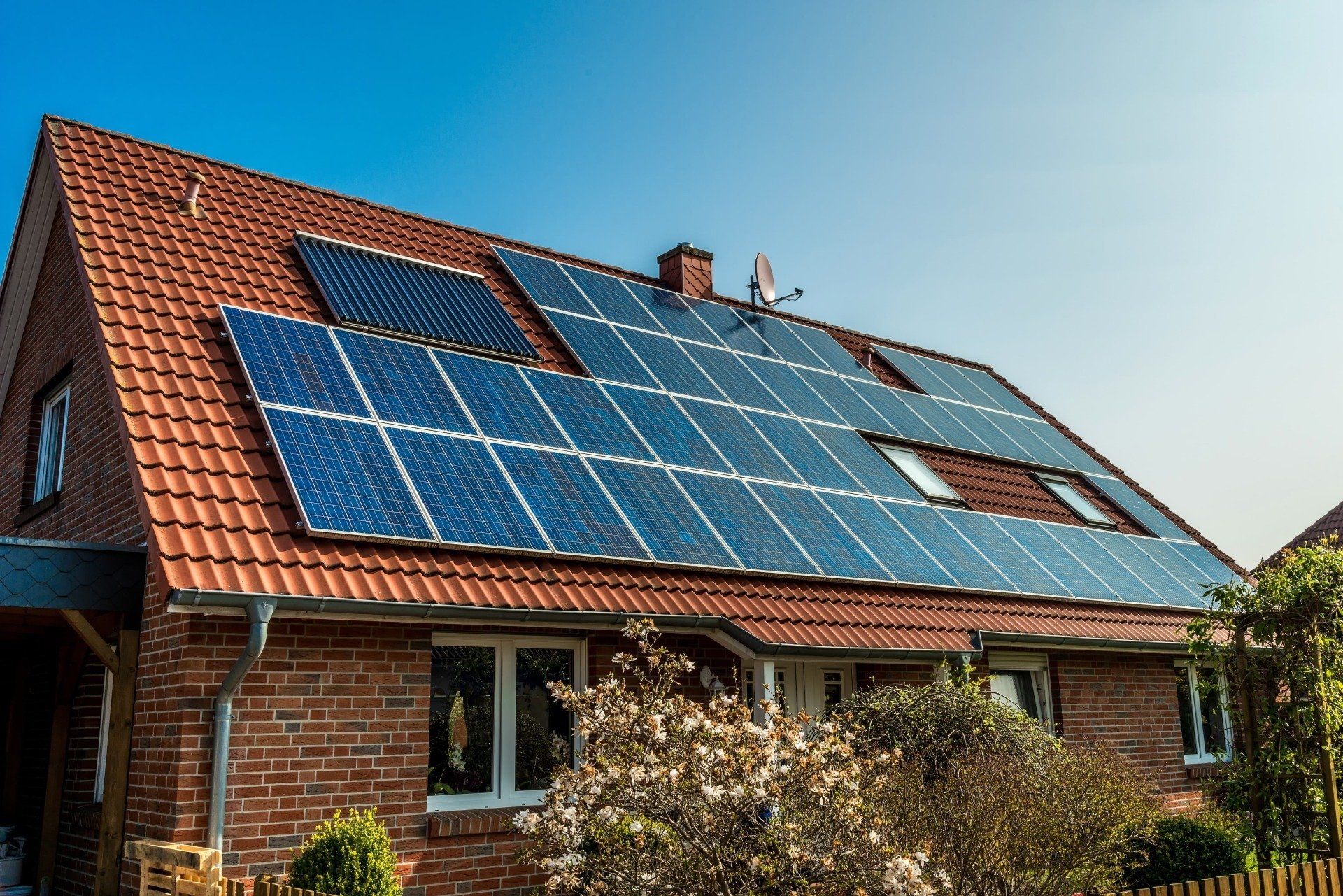What Are the Best Solar Panel Financing Loans For Hollywood Homeowners?
June 7, 2022
Call Us
There is a myriad of ways that you can finance a solar energy system for your house. You can either buy the system outright or get a loan to pay for it. This article will look at how solar panel financing works and research the diverse options available to you. We'll also provide information on how to get the best value on your solar energy system. So, if you're interested in going solar and saving money on your power bills, continue.
Call Us
What Are Solar Panel Loans?
Power from the sun is transformed into electricity by solar panels. Homeowners install solar panels for two primary reasons: to cut their FPL bills and diminish greenhouse gas emissions. Solar panel financing aims to assist homeowners with the money required to purchase solar panels. Installing solar panels can be costly, but homeowners can extend the cost over many years rather than paying upfront with solar panel financing loans.
Best Solar Panel Loans for Hollywood FL, Homeowners
Savings
A typical U.S. household can save more than $1,400 a year in electricity expenses by installing solar panels, according to SolarReviews.com, a solar panel reviews website. Solar loans can assist homeowners in making significant savings, but the upfront costs are relatively high. A normal-sized home in the U.S. pay between $11,344 and $14,898 for solar installation, according to the solar site EnergySage.
Personal loans
When you are prepared to buy solar panels, you can compare rates on personal loans—comparing your credit score needs, loan terms, and loan sizes with the creditors rated as the best by our professionals.
You may realize a personal loan to be the ideal choice if needing a solar loan. An individual with a satisfactory credit score can receive low-interest rates and advantageous loan terms for personal use.
Personal loans fall into one of two categories: unsecured or secured. You won't need any collateral if you take out an unsecured loan. However, a secured loan requires putting something of value up as collateral, such as a car or home. In addition, a secured loan usually has a lower interest rate since the lender will liquidate your collateral if you fail to make your monthly payments and recover their losses.
Government Loan
One of the Federal Housing Administration (FHA) programs is PowerSaver, which offers to finance for many energy-saving technologies, including solar panels. Two possibilities are available in this program that can supply a considerable enough loan to fully finance solar panels: the PowerSaver Second Mortgage and the PowerSaver Energy Rehab, 203(k) Loan. Borrowers must meet specific conditions for solar financings, such as minimally a 660 credit score and a 45% debt-to-income ratio.
PowerSaver Second Mortgages allow homeowners to improve their energy efficiency by installing solar panels by obtaining a second mortgage of up to $25,000. Someone who applies for this program cannot have a home equity loan, 2nd mortgage, or second lien against their home. If you choose to participate, you will have 20 years for repayment on the loan.
203(k) loans are open to borrowers who have bought or refinanced a home and want to roll the price of improvements into the new loan. This debt will have the entire life of the mortgage for repayment.
The APR on these programs is similar to personal loans, but the repayment duration is two to three times as long. In addition, due to FHA's strict budget policies, you are likely to remain on budget and solely invest in what is needed for the job.
To qualify for FHA financing, you must remain beneath its spending threshold. The solar panels you finance may need to be replaced prior to the loan being paid in full if you finance them for a few decades or more. It is challenging to find a lender familiar with such programs, and FHA policies must be adhered to precisely.
Home Equity Loan
Utilizing your home equity to fund green energy is possible via a home equity loan. A banking institution is generally willing to lend no more than 85% of your home's value for projects like this. For example, a $300,000 home with an unpaid mortgage of $200,000 has $100,000 in equity. Thus, you can anticipate a loan of up to $85,000 from your bank. Solar panels' home equity loans typically have a good interest rate because your home acts as collateral.
Solar Leasing
The reality is that you do not have to buy solar panels. With the solar lease program, there is the option to lease or rent solar panels. There is a draw to solar panel companies proposing no-money-down lease programs. When the panels get installed, you instantly save money on energy. The only drawback is that you will never own the solar panels yourself and do not qualify to receive the federal solar tax credit. And other solar incentives, such as tax deductions, will not be available to you.
Fortunately, at Hollywood Solar Pros, we have access to multiple solar financing options
and can help find a plan that works for your specific needs to go solar. Click the call button below to find out more and get a free estimate on the cost of going solar and the money you will save by doing so.
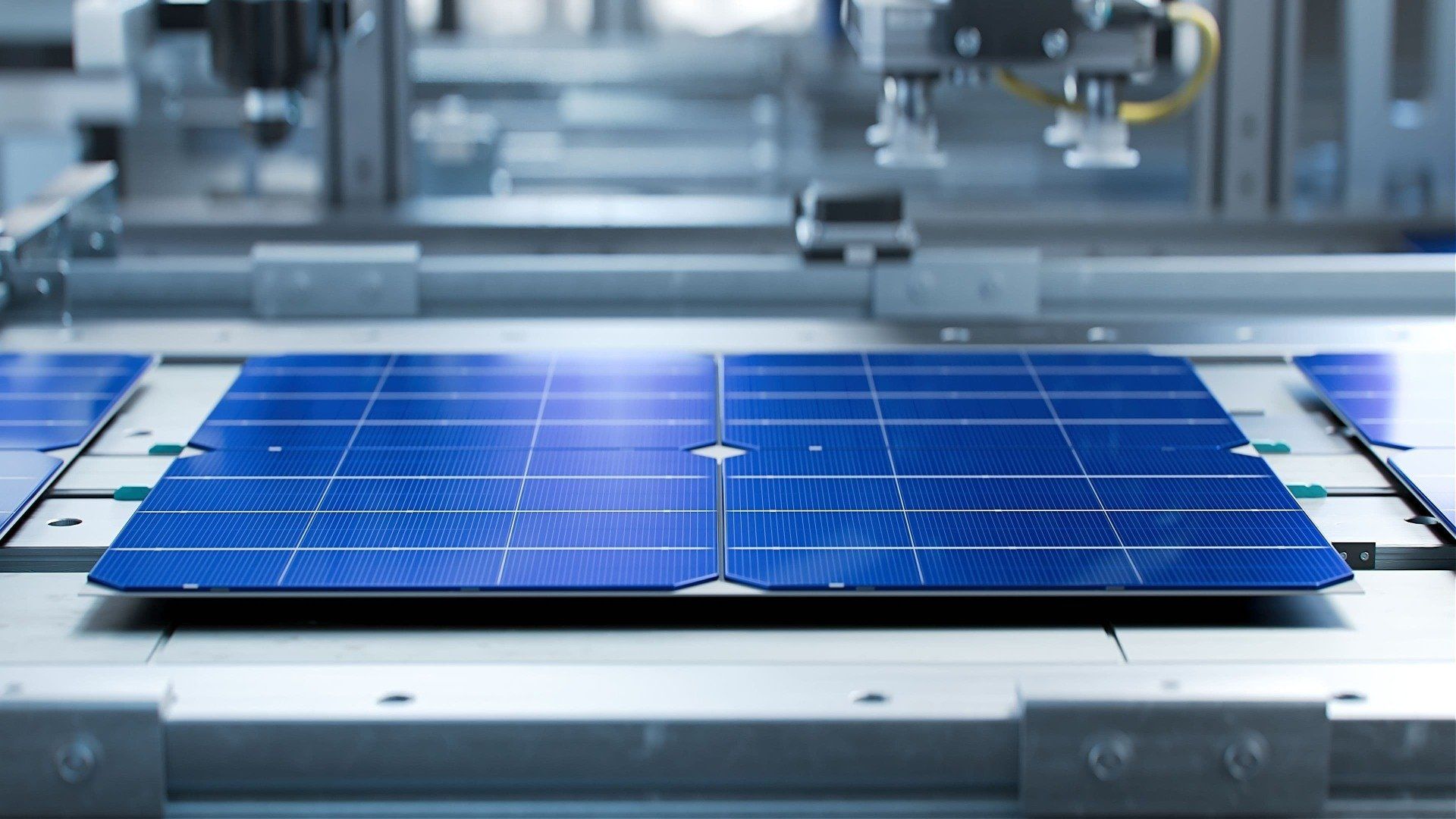
Many homeowners overlook solar energy due to the weighty upfront costs, which frequently entail getting a roof replacement simultaneously. Compared to a yearly payment of $1,500 for residential electricity bills, a $17,000 to $28,000 upfront investment can seem overwhelming and instantly put people off that do not look any further. Before calculating the reduction from federal solar tax subsidies, the national average cost per watt installed in 2022 will range between $2.90 and $3.60. The cost per watt differs by company and hinges on the size of the system and the location of your property. Before the federal solar ITC rebate and other incentives, the whole average expenditure of a complete 6kW household PV solar system installed at $2.80-$3.50 per watt by a local installer ranges between $16,800 and $21,000. But, taking into account the federal tax credit refund of 26 percent through 2022 (22 percent in 2023), the final cost will be between $13,320 and $15,540. Multiple variables could affect the system's final price. Luckily for homeowners living down in south Florida like those in Hollywood, Fort Lauderdale, or the surrounding area, a significant benefit to going solar is how much light we get, especially if your property has no obstructions blocking sunlight to the roof, such as trees or tall buildings. Click the button below to call us today and find out the details about your property and going solar.
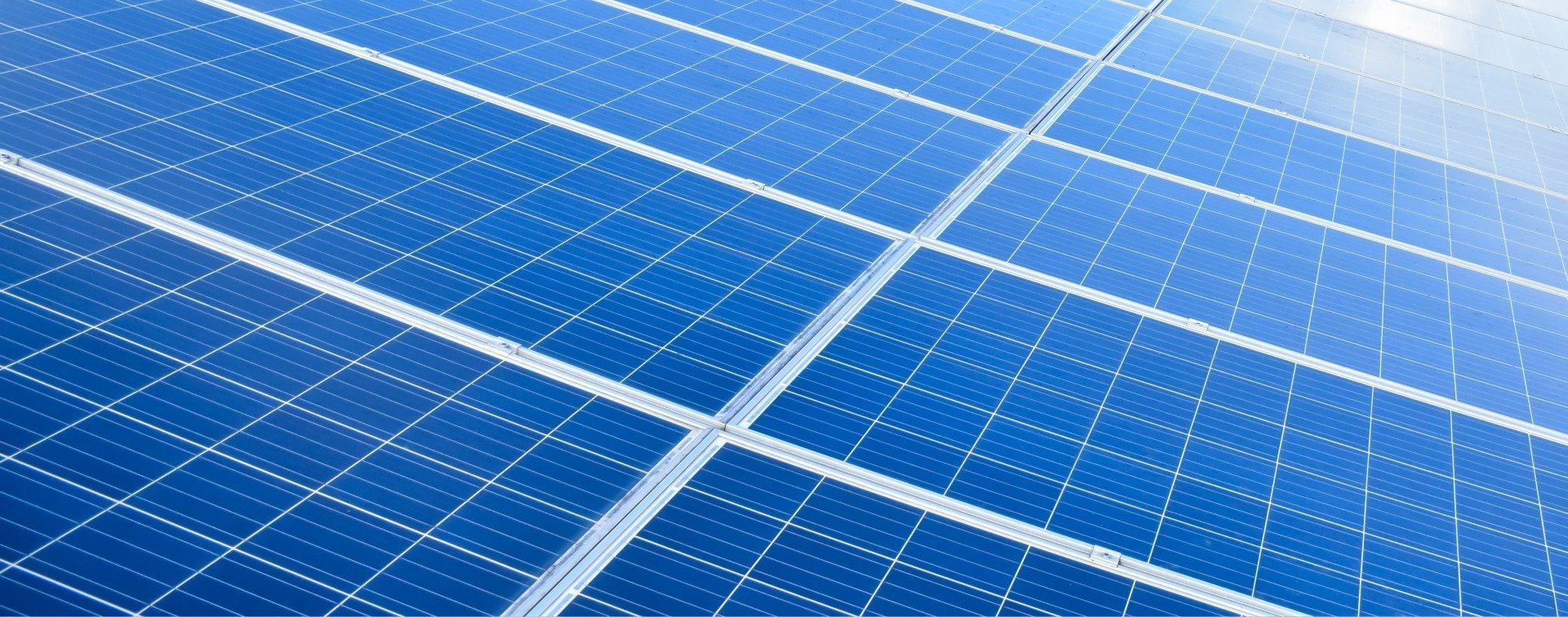
The current availability of the ample 26 percent federal solar investment tax credits (ITC), which was recently extended through December 31st, 2022, is a considerable gift for installing solar panels on your roof. Meaning, that from 2021 to 2022, you can receive a 26% rebate on the total cost of installing PV solar systems, regardless of how expensive it is. It then drops to 22% in 2023, the program's last year, unless further extended. Of course, you'll have to apply through the government first, but the thousands of dollars in savings will assuredly be well worth dealing with the bureaucracy. So, essentially, a cost per watt aspect must be calculated and then decided by you, the homeowner, to ascertain that it is worth your time and investment. But, again, it's probable, and the newest data reveals that the cost of solar panels is persistently falling while their efficiency continues to increase. If you make conclusions based on facts from even five years ago, you may infer that it is too pricey. What hasn't changed is that, when wholly deployed, a typical residential solar panel system will save you a substantial 30% to 70% on your power bill. There are many factors at play that will determine the final cost: the exact panels chosen, the contractor hired, the savings you can expect, and the rebates and incentives you have access to, to name a few. Contact us at Hollywood Solar Pros today. We will help you identify precisely the installation cost for going solar and the expected monthly savings based on your house and location. Click the button below to call today.
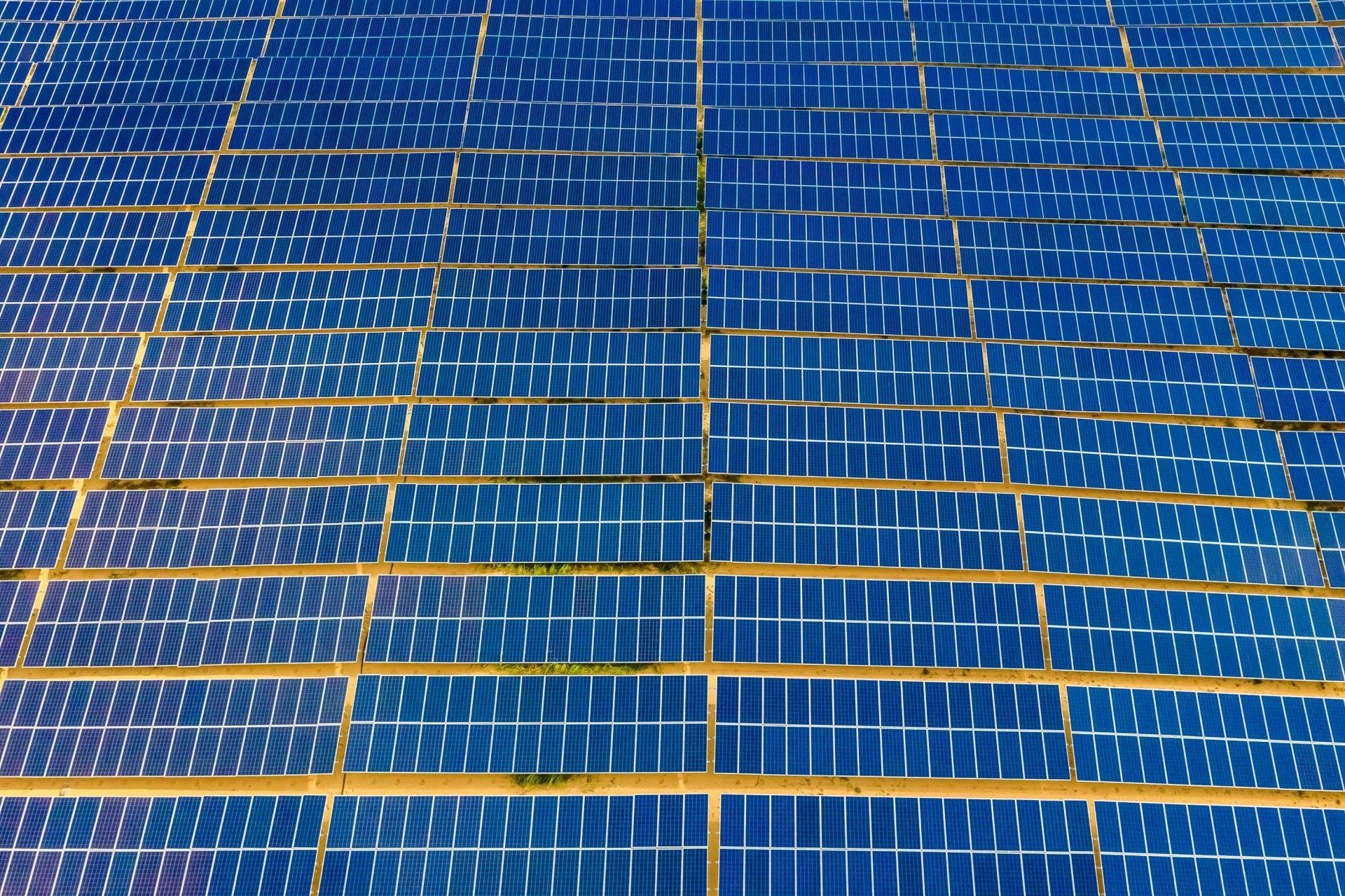
The photovoltaic effect happens when light from the Sun, made up of clusters of energy named photons, shines upon a solar panel and causes an electric current. Each panel delivers a small amount of electricity, but it may create more significant energy when merged as a solar array. Direct current is the power created by a solar panel (or array) (DC). Although many electronic devices, such as your phone or computer, use DC electricity, they were created to work with the electrical utility system, which utilizes alternating current (AC). As a result, solar electricity must first be transformed from DC to AC electricity using an inverter before the homeowner can use that power. The inverter's AC electricity can provide either power to local devices or be transferred to the electrical grid for use elsewhere, which is net metering and should result in the homeowner getting credit towards future power bills. What's The Difference Between Solar Panels And Photovoltaic Panels (PV Panels)? The similarities between photovoltaic panels and solar panels will be reviewed first. A lot of individuals are puzzled by the fact that both solutions are constructed on building rooftops and at ground level, employing designs created particularly for this objective. The use of solar energy is another parallel between the two solutions. Nevertheless, the similarities end there because the two systems absorb solar thermal energy for fundamentally different reasons. Photovoltaic panels alter thermal energy into electricity, whereas solar panels convert sunlight into heat. As a result, these solutions are not competing with one another. Rather, they might work well together. Another regard in the photovoltaic panels vs. solar panel comparison is the subject of the two systems' running costs. In both cases, the starting price must be discussed; nonetheless, solar panels have lower initial prices than photovoltaics. The total cost of the investment is specified by a combination of parameters, including the type and amount of solar cells used, the photovoltaic system's full capacity, and the quantity of heat to be supplied by the solar thermal collector. It's also worth mentioning that flat collectors cost less than vacuum collectors and that polycrystalline panels cost less than monocrystalline solar cells. Even though both systems are virtually maintenance-free, running costs must account for the cost of the system's annual assessment, maintenance, and replacement of spent solar cells or batteries. Therefore, the repayment period is crucial from a monetary perspective. Solar panels and photovoltaics can pay for themselves in a few to a dozen years, depending on the type of system and whether bought with an external subsidy. The best advice is to contact a well-reviewed local solar panel installation company . The company should be able to walk you through all of the options and help you decide what the ideal choice for your property is.
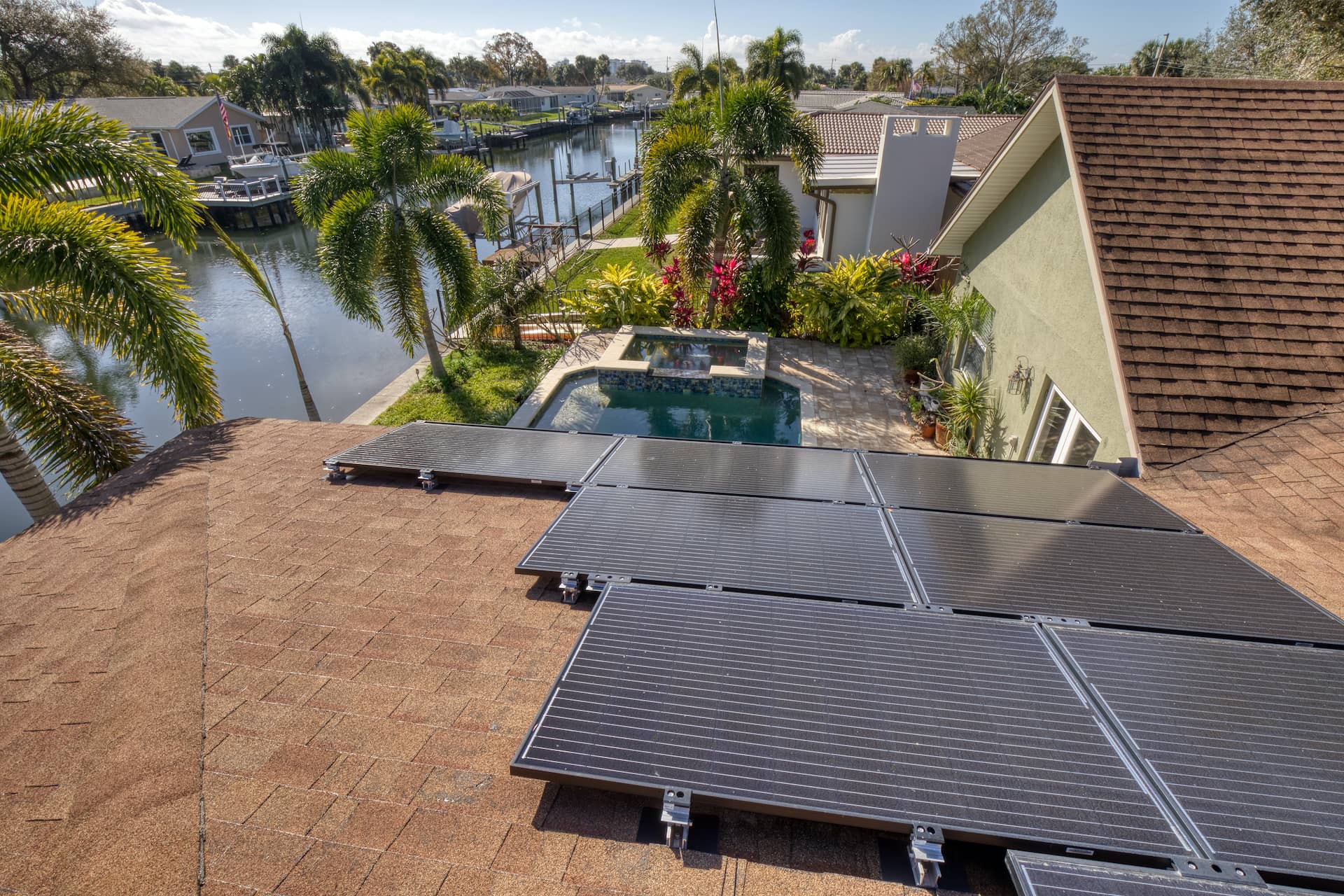
Solar panel systems are becoming ever more popular as homeowners become increasingly interested in green energy sources. However, many kinds of solar panel systems are available, so choosing which one is suitable for you can be challenging. In this article, we will examine the different types of solar panels available and the pros and cons of each type. We will also offer some advice on choosing the right solar panel system for your property, residential or commercial. Around the world, more people are choosing residential solar power systems. Their objective is to save money on energy while lessening their carbon footprint. A historic number of residential solar panel systems were installed in Q3 2021, and growth is thought to continue soaring. This considerable growth is due to current advances in energy efficiency and the cost of installing a solar power system in Hollywood, FL. So What Exactly Is Solar Power? Solar power is the transformation of solar energy into power for your home. For example, solar photovoltaics convert sunlight into electricity, whereas concentrated solar power indirectly converts sunlight into power. Lenses, mirrors, and solar tracking systems are employed in concentrated solar power systems to focus a broad area of sunlight into a small beam. How Do You Define A Solar Panel? Solar panels alter sunlight into electrical power by absorbing it. Solar panels are typically made up of silicon-based solar cells connected to form solar modules. They commonly stand 6 feet tall and 4 feet wide, but larger homes can accommodate even larger panels. What Does PV Mean In The Context Of Solar Panels? Photovoltaic power systems use power from the Sun to create electricity and comprise at least a few solar panels, an inverter, and other electrical and computerized components. PV systems come in a large range of sizes, from small rooftop or portable systems to large commercial-grade power plants. Is Going Solar A Smart Investment? After completing all of these estimations, you'll most likely end up with a single number: the number of years it will take for a solar system to pay for itself in power bill savings. For example, if you live in a sunny section of the country, which all Hollywood & Fort Lauderdale homeowners do, and are currently paying increased power bills, you could be looking at a system that will pay for itself in five years. In comparison, other parts of the country may need to wait for 10+ years to reach that point. To generalize here, most homes will experience a benefit from taking their home solar. Thus, whether it is worthwhile to install such a system is typically determined by several much less technical variables than those described above: the length of time you plan on staying in your home, the subsidies available in your market, and your desire to help the environment and lowering your carbon footprint. What Is The Cost Of a PV Solar Panel Installation in Florida? Let's begin with the expenditure of setting up a PV system for your home—a residential solar power system installation runs between $3,500 and $16,000 in the first year. Why is there such a large price range? The dimensions of the system you want to construct and the kind of solar panel you want to utilize determine many differences. Whatever system you select, be mindful that solar power is a capital-intensive technology, with most of the expense of ownership ensuing when the equipment is bought. As a result, solar modules will undoubtedly be the priciest part of the project. There are also some ancillary fees. An inverter (to transform the direct current delivered by the panel into the alternating current used by everything in your home), metering equipment (to identify how much power is generated), related housing components, cables, and wiring gear must all be installed. Some individuals consider battery storage too. Batteries have always been deemed exorbitantly costly and purposeless if FPL pays for surplus energy supplied into the grid. The cost of hiring an installation company must also be considered. There are certain additional installation costs connected with operating and maintaining a PV solar array and the installation price. Apart from cleaning the panels regularly, inverters and batteries (if fitted) usually need to be replaced after a few years of use. Subsidies While the expenses mentioned above are reasonably straightforward, a solar installation company can provide a quote for a homeowner-determining government and/or local utility subsidies can be more complex. In addition, government incentives frequently change, although, in the past, the United States government has approved a tax credit of up to 30% of the system's cost. The Database of State Incentives for Renewables and Efficiency (DSIRE) website has additional details on incentive methods in the United States, including programs in each state. In addition, such information is often public on the state or solar advocacy websites. People can also check with their local electrical company to see if they propose financial incentives for solar installation and their guidelines for grid connection and selling surplus electricity. Working Out Your Energy Production The second aspect you'll need to put into your calculations is the amount of energy your PV system will create and when it will do so. Again, this can be a complicated calculation for experienced solar engineers to perform. So first, let's look at the basics. The solar irradiation levels are available in the home's geographical location, which is fancy for saying how much Sun you get, which is one of the essential concerns. Of course, the closer you live to the equator, the better Sun your home will receive, but there are also other factors to take into consideration. The National Renewable Energy Laboratory (NREL) develops sun irradiation maps for the U.S., and its website tools offer precise solar information for individual locations around the country. The direction of your property is also important; for rooftop arrays, a south-facing roof with zero trees or obstructions blocking sunlight maximizes the quantity of energy generated. Alternatively, the panels can be mounted on external supports and installed far away from home, but they will cost more money due to additional hardware and wiring mechanics. Then there are the dimensions of your PV solar system to think about. The hypothetical electrical output prospect of solar panels is measured in watts. For PV systems installed over a long period, the output discovered sometimes called the "capacity factor," ranges typically between 15% and 30% of the theoretical output. For example, a 3 kilowatt-hour (kWh) household system with a 15% capacity factor would deliver 3 kWh x 15% x 24 hours/day x 365 days/year = 3,942 kWh/year, or roughly one-third of a standard U.S. home's annual power usage. Costs of Solar Energy Calculation For Sunny South Florida You'll be able to perform a final calculation and review of whether solar electricity is a smart move for you at this stage. The discounted cash flow (DCF) method can theoretically estimate a solar system's general cost and benefit. Outflows would be installation fees (net of subsidies) at the project's onset, with inflows coming later in offset power bills (both directly and through net metering). Rather than employing DCF, the sensibility of solar power is typically evaluated by calculating the levelized cost of electricity (LCOE) and comparing it to the local utility's electricity expense. The LCOE for household solar will most likely compute as cost/kilowatt-hour ($/kWh or /kWh), the same configuration used by FPL. To calculate the LCOE, use the mathematical equation below: LCOE ($/kWh) = Lifetime Cost of Ownership ($) / Lifetime Energy Output ($) = Net Present Value (NPV) of Lifetime Cost of Ownership ($) / Lifetime Energy Output ($) (kWh) The functional life of a PV solar module is often assessed to be 25-40 years. The total ownership expenditure comprises maintenance costs, which must be discounted to calculate the net current value. The LCOE can then be compared to the cost of electricity from FPL (Florida Power & Lighting); bear in mind that the reasonable outlay is during or around peak PV solar production hours. Click below to call the Hollywood Solar Pros today to learn what it would cost to get a PV solar panel system installed in your home.
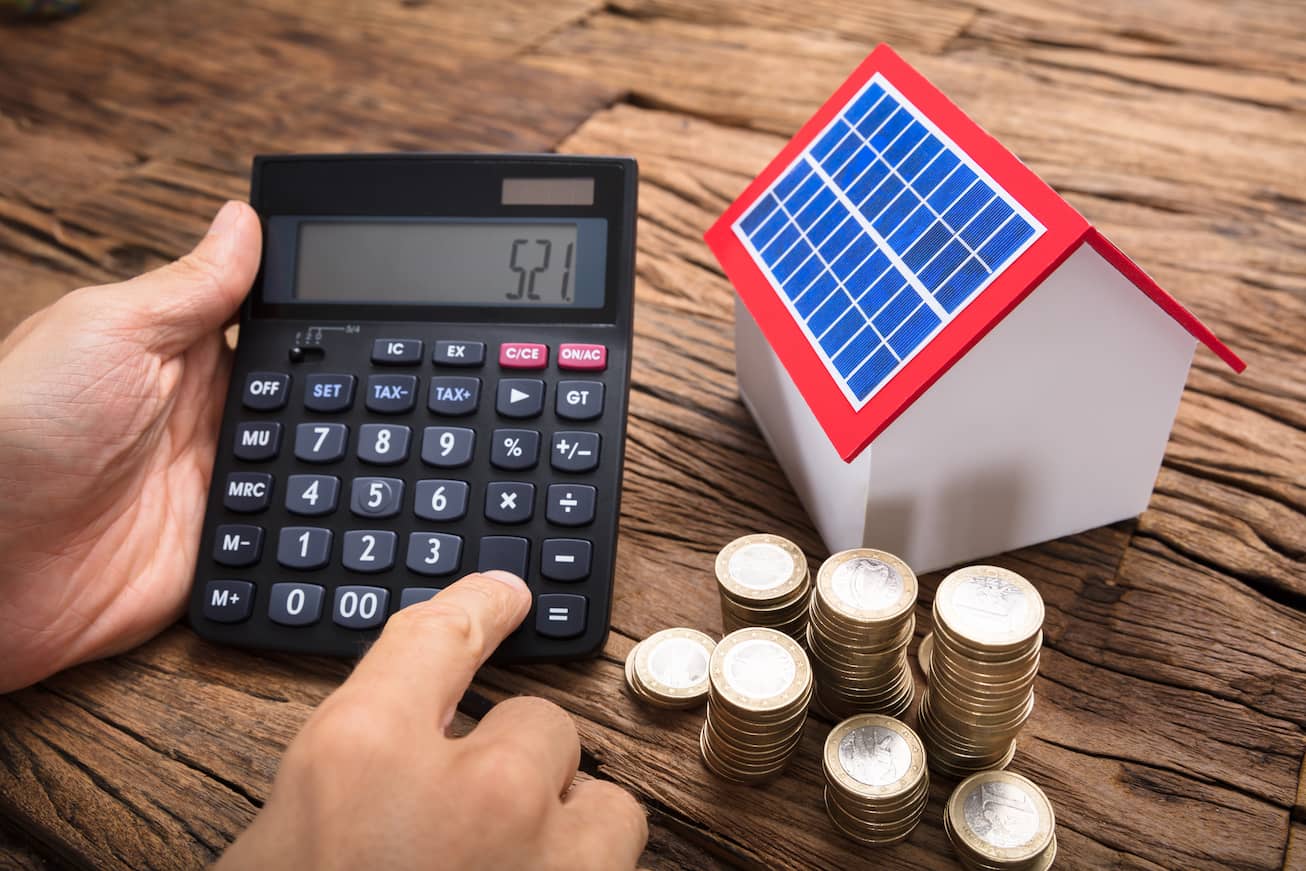
How Can Solar Energy Be Financed? The ideal option for solar panels to be financed is to use a loan with the lowest interest rate. If you own a home with equity, you may be qualified for a line of credit or loan. If not, you may be able to finance solar panels with a personal loan. High-credit-scoring individuals and those with high incomes often obtain the lowest rates. It is always wise to weigh all the options available to you and find a loan with the terms suitable to your life. What Are the Normal Terms of a Solar Loan? Unsecured loans are accepted in lump sums and repaid in set monthly payments with interest. Payments typically start one or three months after the loan is granted, and repayment terms usually vary from two to seven years. There are many calculators online that can help estimate your monthly payment. You could also contact the Hollywood Solar Pros, and we can walk you through the whole process and help you uncover the best option for your family to go solar. What Exactly Are Solar Panel Loans? Installing solar panels can be financed with solar panel loans, generally utilized for home improvement projects. Loan amounts can have an extensive range, anywhere between $5,000 and $200,000, and repayment is made in monthly installments over a two- to seven-year period. A popular way to finance solar panels is with personal solar loans; you can also use any equity in your home, take advantage of federal incentives, or lease if you aren't prepared to buy. What Is the Difference Between a Solar Panel Lease and a Solar Panel Purchase? If you're interested in taking advantage of solar panel installation's economic usefulness rather than just the environmental benefits, financing may be your most suitable option. An assortment of state and federal incentives can decrease your property taxes, lessen your system's gross cost of ownership, and increase your home's value. A lease is an agreement in which the lessor (usually a business that owns the solar panels) grants to the lessee (the individual leasing the solar panels) for an agreed period: the privilege to use and enjoy property without taking ownership of it. The lessee pays a monthly fee for the ability to take advantage of solar. A purchase is when you buy something outright and own it. There is no need for any monthly payments or agreements. You should discuss with whatever solar panel installation company you are working with to determine which option will work best for you. What Are the Advantages of Going Solar? Solar panels are a fantastic way to save money on the monthly FPL bill. They also create green, renewable energy, which is cleaner for the environment. The advantages of solar panels include: generating clean energy that is better for the environment. It can even decrease electricity bills by up to 30% or more and is more dependable than other power sources. The benefits of saving money and the environment all in one are what are powering the push for so many Hollywood homeowners to opt for solar. How Do You Qualify For Solar Panel Financing? The following factors define the eligibility for solar panel financing: whether the property is a single-family home, a condo, or an apartment building, the size of the house in square meters, the price of installing solar panels, and the amount of people who will use the power generated by the panels. Other factors will include credit score and other issues, such as whether your home has equity in it or not. Again, it's advised to speak with a solar professional who can refer you to financing companies specializing in solar financing loans. The Hollywood Solar Pros have access to multiple financing options for qualifying homeowners. Can I Obtain Funding for Solar Panels? Solar panels and further alternative energy home modifications are eligible for the U.S. Department of Housing and Urban Development grants. Low-income households are more likely to qualify. Block grants are distributed from a pool of $250,000,000 to local organizations. It is always an option that should be explored, especially if the household's income is not enough to buy solar panels or afford a new monthly loan payment. Contact Us Today If You Need Assistance Finding Quality Solar Financing in South Florida Going solar is a big choice for any homeowner, one that requires many questions to be answered. One of those questions is how to go about funding the project. While it's always the most advantageous to buy solar panels outright, the reality is many people are not in that type of position. We can help you identify which option will be best for your situation and help you make the correct decision on how to go solar! Click below to call us today.
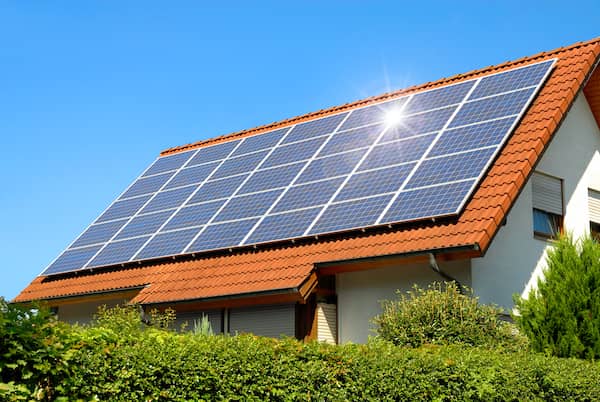
The majority of homeowners get a 6kW PV system, which needs an average of 24 250-watt conventional panels or 30 200-watt conventional panels. If you lack the roof space to accommodate 30 or even 24 panels on the south-facing side for a 6kW solar system, high-efficiency panels ranging from 350 to 400 watts would be worth looking into. High-efficiency panels from Panasonic, LG, and SunPower cost 30 to 50 cents per watt more than conventional midrange panels, suggesting that your whole system will cost between $1,800 and $3,000 more before the 26 percent ITC rebates. On the flip side, you'll be able to acquire a 6kW system with just 17 350-watt or 15-400-watt panels. High-performance panels also can retain solar generating capability for extended periods than ordinary panels. For example, the energy-generating capacity of a standard panel may decline by.5% to 1% every year. In contrast, high-efficiency panels may lose less than.5% of their energy-generating capacity per year. So as you can see, there are factors at play that will determine how many solar panels you need. The best way to identify the ideal setup for your property is to reach out to the Hollywood Solar Pros to schedule a free appointment to get a proposal on the costs involved and a breakdown of the savings you will enjoy from going solar.
